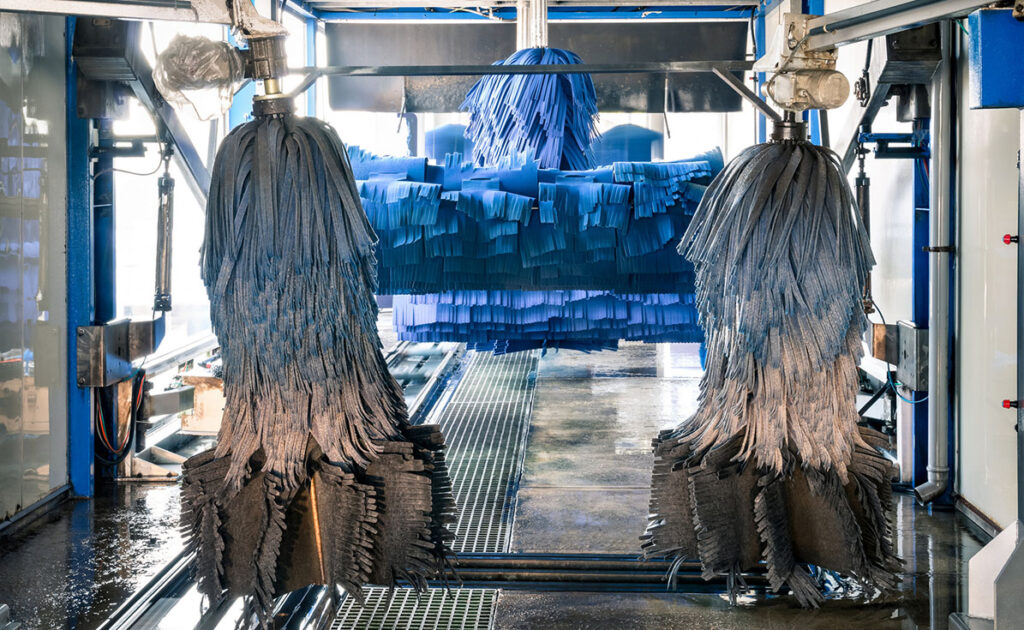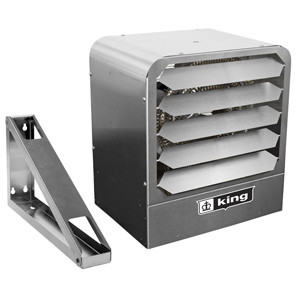Stainless Steel Process Heaters
Stainless steel electric heaters offer numerous benefits, making them a preferred choice across industries, including agriculture, food processing, HVAC, and more. Their outstanding corrosion resistance ensures long-lasting durability & reduced maintenance, while their high temperature resistance and efficient heat transfer improve overall performance & energy savings.
Additionally, stainless steel’s hygienic properties and non-reactive surface make these heaters ideal for applications requiring strict cleanliness, such as in the food and beverage industry. With robust mechanical strength, versatile applications, and an aesthetically appealing design, stainless steel electric heaters provide a reliable, cost-effective solution that meets the diverse needs of modern industries.
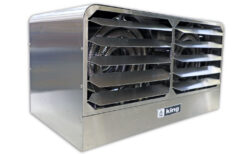
What Are The Key Benefits of Stainless Steel Heaters?
Corrosion Resistance:
- Durability: Stainless steel resists corrosion, rust, and oxidation, even in harsh environments, extending the heater’s lifespan.
- Maintenance: Reduced need for frequent maintenance and replacements due to its long-lasting properties.
High Temperature Resistance:
- Performance: Can withstand high temperatures without degrading, making them suitable for demanding heating applications.
- Safety: Less likely to fail under high heat, ensuring safe and consistent operation.
Hygienic Properties:
- Cleanliness: Easy to clean and maintain, which is crucial for applications in the food and beverage industry and healthcare.
- Non-reactive Surface: Does not react with food, chemicals, or biological materials, preserving the integrity and safety of the heated substances.
Mechanical Strength:
- Robustness: Mechanically strong and resistant to physical impacts, ensuring reliable operation in industrial settings.
- Wear and Tear: Withstands mechanical stress and abrasion, reducing downtime and repair costs.
Environmental Resistance:
- Outdoor Use: Resistant to weather conditions, making it ideal for outdoor applications such as greenhouse heating and pipeline heaters.
- Chemical Resistance: Can withstand exposure to a variety of chemicals, essential for applications in chemical processing and pharmaceuticals.
Safety:
- Non-flammable: Does not catch fire easily, reducing risk of fire hazards.
- Non-toxic: Does not release harmful fumes or substances when heated, ensuring a safe environment for users.
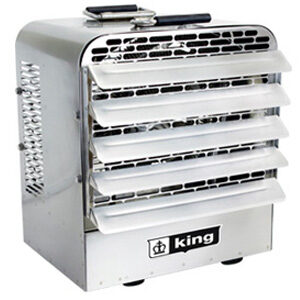
MODEL PKBS
- 208, 240, 480
- 5 KW to 20 KW
Stainless Steel, Marine-Grade Portable Unit Heater specially constructed for heating and freeze protection in dirty, dusty or corrosive areas requiring periodic washing or hose-down.
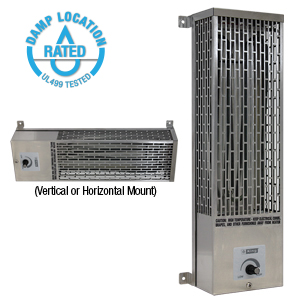
MODEL U-SS
- 120, 240 volt
- 62 to 1,000 watts
Stainless Steel Utility Heater, ideal for freeze protection for mechanical equipment. Stainless steel unit prevents corrosion associated with high moisture locations, like pump houses.
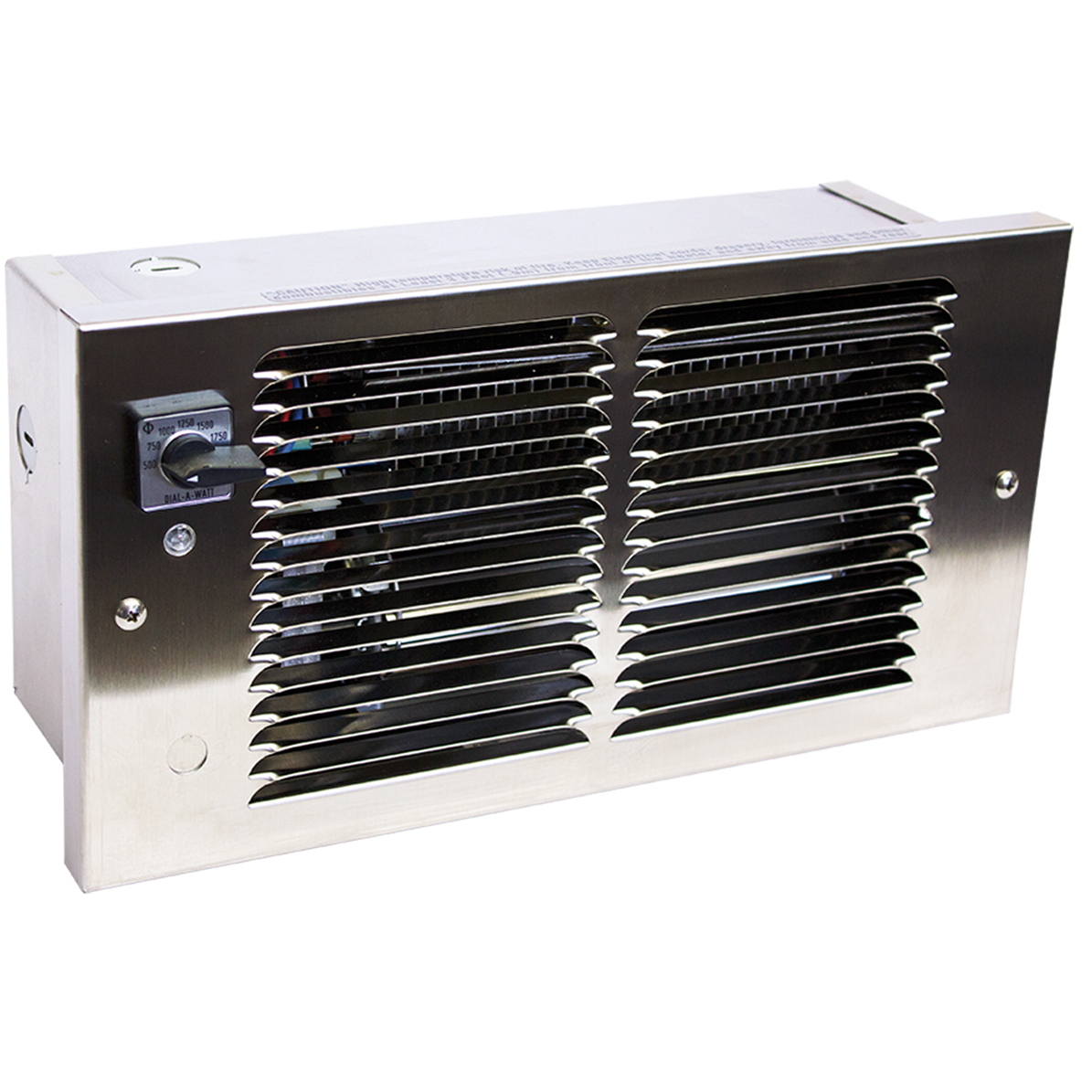
MODEL DAW-SS
- 120, 208, 240 volt
- 250 to 2,250 watts
Stainless Steel, Marine-Grade Wall Heater with a heavy duty industrial switch with 7 heat settings and winter freeze protection. Ideal for RVs, boats and cabins.
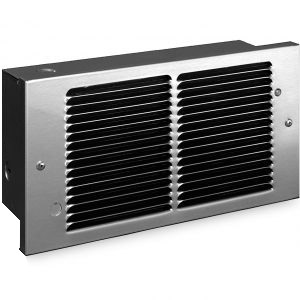
MODEL PAW-SS
- 120, 208, 240, 277 volt
- 250 to 2,250 watts
Stainless Steel, Marine-Grade Wall Heater designed to stand up to the corrosive environment on saltwater boats. The wall can is flanged for recess mounting into a wood bulkhead.
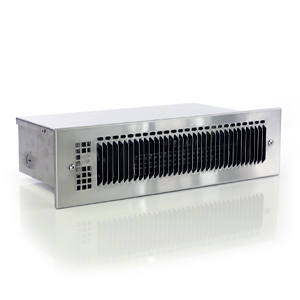
MODEL MKT-SS
- 120, 208, 240 volt
- 500 to 1,500 watts
Stainless Steel, Marine-Grade Low-profile Kick Space Heater made of corrosion resistant stainless steel. Ideal for boats or anywhere both high humidity and space are factors.
Who Use Stainless Steel Heaters?
Stainless steel heaters are widely used across various industries due to their durability, corrosion resistance, and ability to withstand high temperatures.
Here are some key applications:
Food and Beverage Industry:
-
- Processing Equipment: Used in areas with pasteurizers, sterilizers, and drying equipment to ensure hygiene and prevent contamination.
- Cooking Appliances: Used in areas with ovens, grills, and other cooking devices due to their easy-to-clean surfaces and heat resistance.
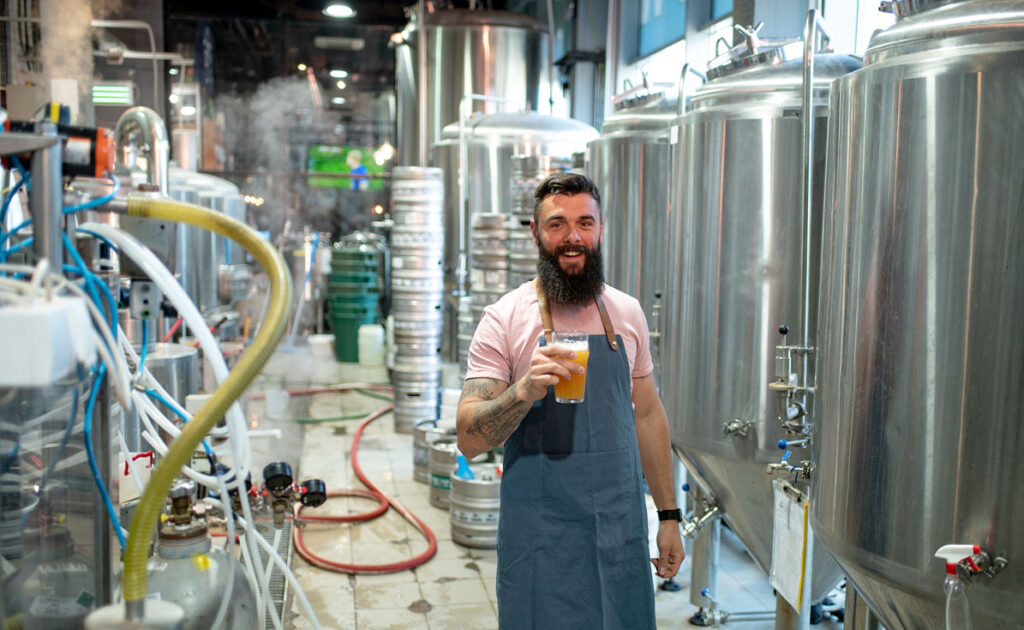
Chemical and Pharmaceutical:
-
- Reactors and Tanks: Used in areas with reactors, mixers, and storage tanks to maintain specific temperatures for chemical reactions and storage.
- Distillation Units: Used in areas with distillation and extraction processes where consistent and controlled heating is critical.
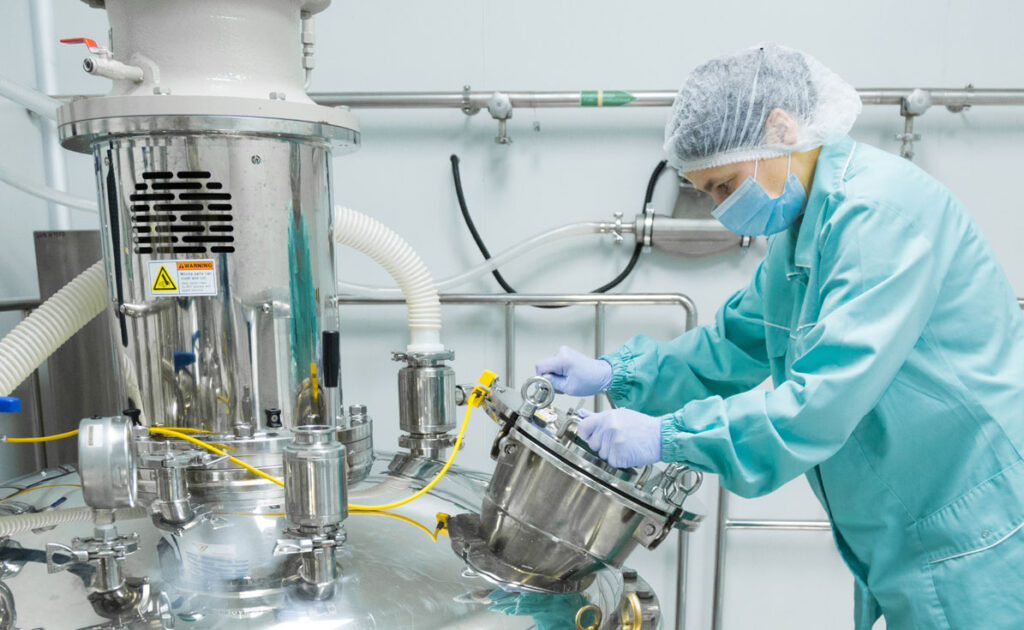
Oil and Gas Industry:
-
- Pipeline Heaters: Prevent freezing and ensure smooth flow of oil and gas in pipelines.
- Tank Heaters: Maintain optimal temperatures in storage tanks to prevent thickening and ensure fluidity of stored materials.
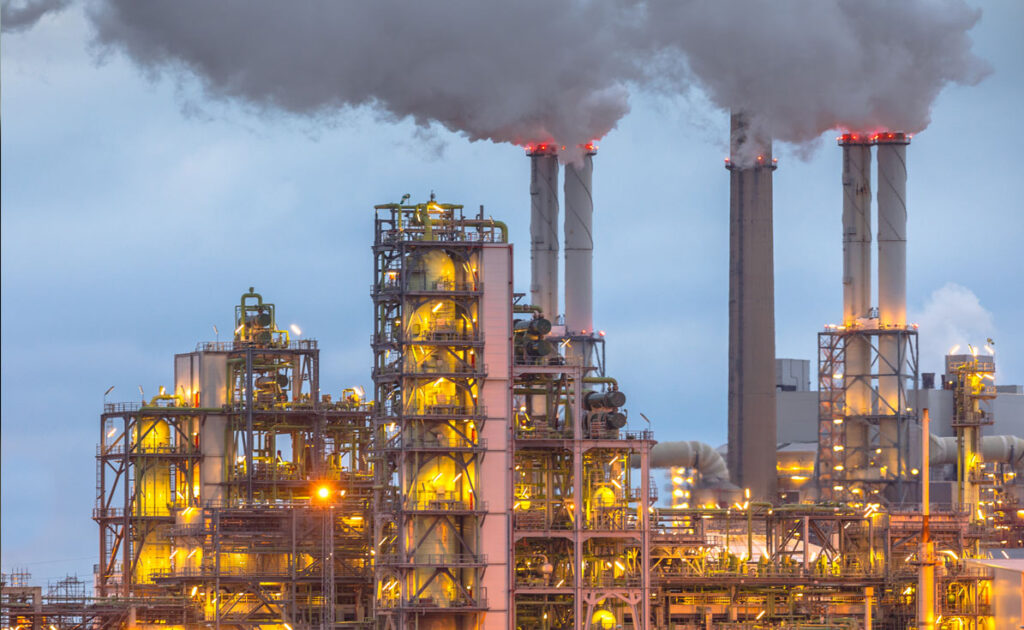
Marine Applications:
-
- Boat Heaters: Used in areas on or around boats to ensure comfort and prevent condensation in marine environments where corrosion resistance is vital.
- Desalination Plants: Used in areas for desalination processes to produce fresh water from seawater.

Agricultural:
-
- Greenhouse Heating: Used as supplemental heat to maintain optimal temperatures for plant growth. Installed strategically to distribute heat evenly throughout the greenhouse, promoting healthy plant growth and protecting crops from frost damage.
- Livestock Comfort and Health: Used to provide warmth to livestock housing facilities such as barns, poultry houses, or pig pens. Suitable for environments where hygiene is critical for preventing the spread of diseases among livestock.
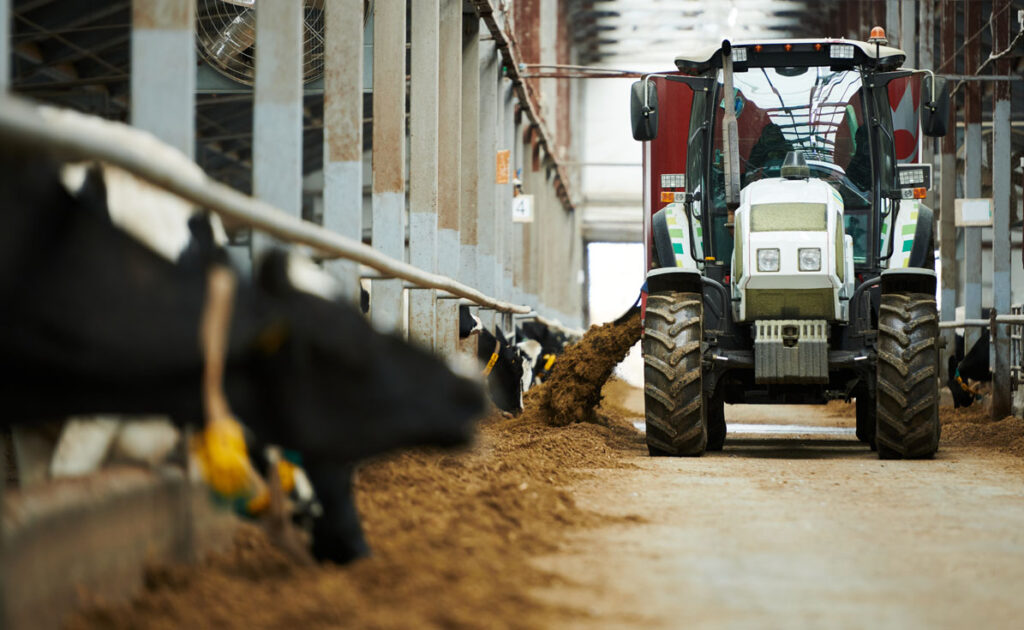
Washdown Applications:
-
- Industrial Washdown Stations: Used in areas with manufacturing industrial washdown stations, such as automotive plants, pharmaceutical companies, or electronics manufacturing facilities. These heaters are installed in areas where equipment, tools, or parts need to be cleaned regularly to prevent contamination or maintain quality standards.
- Car Washes: Used in and around carwash facilities of all sizes and types.
